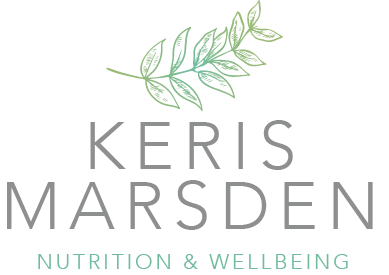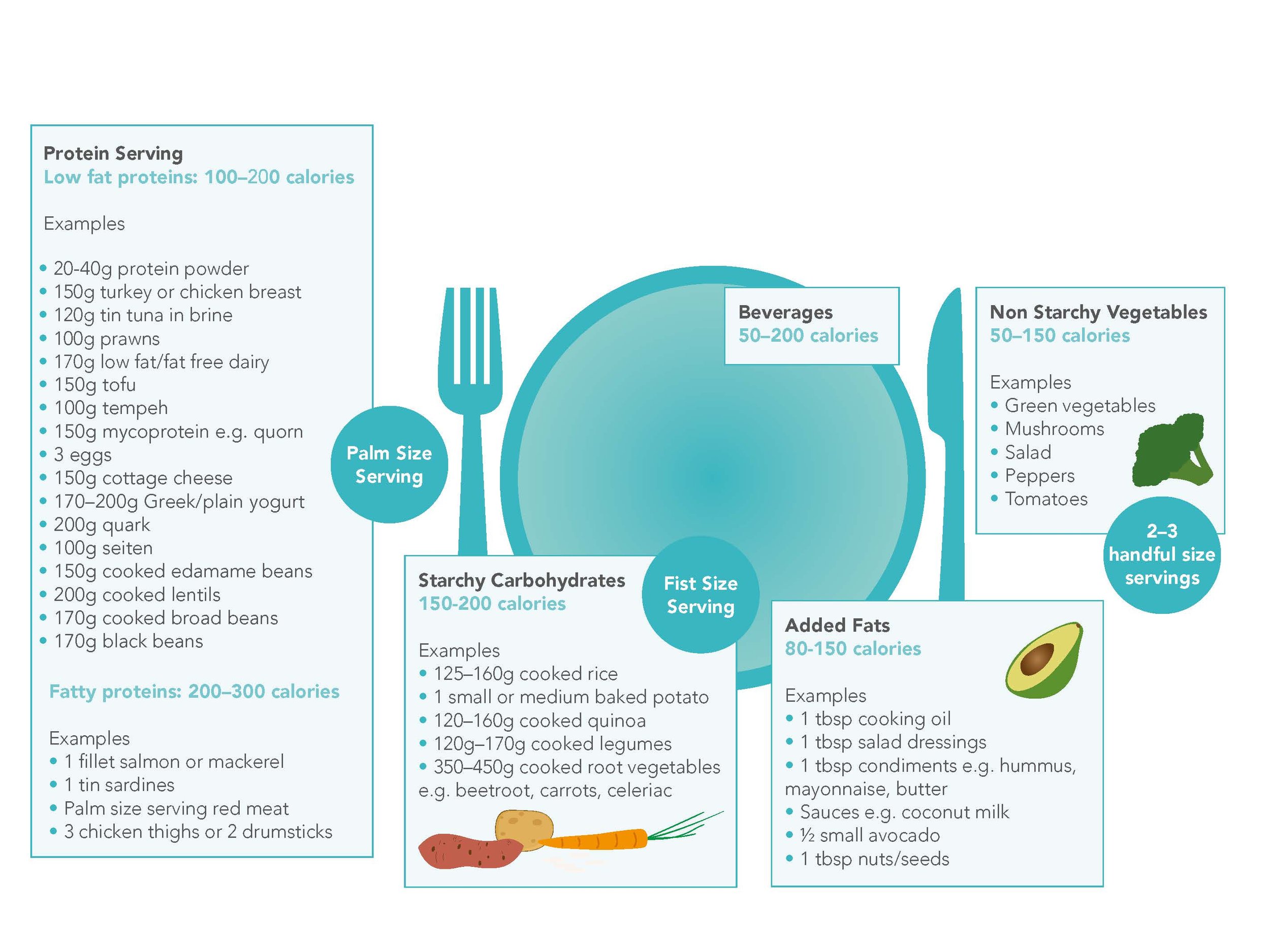Acne and nutrition
Battling acne at some point in your life is hugely common.
I struggled in my teens and 20’s and ended up taking multiple topical and oral antibiotics and eventually the oral contraceptive pill (Dianette and Yasmin). All of which caused me some long lasting digestive issues.
I was eventually diagnosed with PCOS but I also realise my love of chocolate, sausage rolls, biscuits and alcohol pops played havoc with my hormones and as a result worsened my skin.
What causes acne?
NHS estimate around 95% of people between the ages of 11 to 30 are affected by some degree of acne.
Adult acne and the recurrence of problem skin during menopause is also common and often linked to the hormonal changes that take place.
It’s not just hormones that cause acne, genetics, food intolerances and stress can all contribute.
Your skin is also home to a community of organisms, similar to your gut, it’s referred to as the skin microbiome.
Nutrition Steps to Improve Skin Health
Numerous medications are now available to treat the symptoms of acne, however, nutrition changes can help address the root causes by supporting hormonal balance and influencing the skin microbiome.
Ditch the white carbs, sugar and fast food
The hormone insulin, which is influenced by your nutrition, can alter skin health.
Eating a highly processed diet, based on white carbs, fast food, cereals, sugary drinks, crisps, and cakes will cause a surge of insulin.
This increases oil production and leads to the blockage of skin pores which eventually develop into spots.
Alcohol and caffeine can also have a negative impact on blood sugar levels, keep a note of your consumption and any acne flares.
Balance hormones with a balanced plate
Consuming a wholefoods diet is the first essential step in rebalancing your skin.
This involves having a serving of nutritious protein, like fish, chicken, eggs, yogurt or tofu with your main meals, along with some healthy fats like olive oil, avocado or nuts and favouring slow-release carbohydrates like brown rice, lentils, sweet potato or quinoa.
Nutrients that alleviate acne
Vitamin A is often used in the topical and medical treatments for acne as skin cells need it to replicate. This means it can be helpful to reduce skin scarring.
Vitamin A, known as retinol, is found in meat, fish, eggs and dairy.
Plant based foods offer a pre-cursor nutrient known as beta carotene, found in orange and yellow vegetables, which is then converted into vitamin A.
Many people don’t convert beta carotene very effectively into vitamin A and may need to consume retinol from animal products or supplement with vitamin A to meet their needs, this should ideally be done under the guidance of a registered nutritionist as vitamin A is toxic in high amounts.
Zinc is also important for skin health and found in seafood, fish, meat, poultry and eggs. Smaller amounts are found in nuts and seeds, especially pumpkin seeds.
Vitamin C is vital for skin and collagen repair. Consuming plenty of fruit and vegetables provides dietary vitamin C and you can buy frozen versions too as these retain the vitamin C.
Balance Inflammation with healthy fats
Dietary fats influence skin health by reducing inflammation and supporting hormone health.
Essential fatty acids must be consumed as your body is unable to make them, these can be obtained from oily fatty fish, algae oils, walnuts, flaxseed, hemp and pumpkin seeds.
It may also be beneficial to supplement with evening primrose or starflower oil to obtain a special anti-inflammatory form of omega 6, known as Gamma Linoleic acid.
Monounsaturated fats found in olive oil, avocados, nuts, and seeds are also helpful as these contain polyphenols (a type of antioxidant) that protect skin cells and feed beneficial gut bacteria.
Nourish your skin microbiome and kickstart bowel movements
Dietary fibre from a variety of wholegrains, legumes, vegetables, fruit, nuts and seeds supports a balanced microbiome.
Fermented foods, herbs, species, garlic and mushrooms are also helpful as they have a prebiotic effect and feed specific strains that can improve your health.
It’s also important that you have a bowel movement daily to support the elimination of hormones and waste materials from the body.
Your skin is part of your detoxification system so it will carry the burden if your body isn’t taking out the rubbish each day.
Fibre from flaxseed may provide additional benefits for acne prone skin by binding to excess hormones and lowering overall hormone activity in the body.[1]
Identify your acne triggers
In some cases, acne maybe caused by a food intolerance.
It may help to keep a food and symptom diary to identify anything that seems to flare your skin.
Common causes are alcohol, sulphites, chocolate, dairy, high sugar or refined foods.
If you suspect something is contributing, you can then eliminate for 30 days and assess the effect.
Feed your skin topically
You can also improve the health of your skin cells with topical treatments. Swap to natural skin products where possible, including makeup and allow your skin to breathe.
Look for brands that use more natural ingredients to rebalance your skin microbiome like green tea, witch hazel, chamomile, and rosemary oil.
Each of these can calm down problem skin and also nourish your beneficial bacteria. Increasingly prebiotic and probiotic skin products are becoming available to help support the skin microbiome and you may want to experiment with these.
Avoid using alcohol-based products and astringents excessively, although they can help reduce oily skin and dry out a blemish they may also remove beneficial bacteria and irritate the skin.
Instead you can replace with a homemade apple cider vinegar (ACV) toner and apply overnight to avoid smelling like a salad dressing all day!
Simply mix ACV with water on a 1:1 basis for oily skin (so fill a spray bottle with half ACV and half water). Add a few drops of either tea tree or witch hazel and apply to skin with cotton wool.
Applying an unpasteurised ACV toner provides some astringent properties plus the acetic acids has an antimicrobial effect, and as a fermented food it may also help to restore your skin microbiome.[2]
Homemade face masks with silica, bentonite clay, unpasteurised (raw) honey and oats may help reduce skin inflammation.
Work with me
I know first hand how difficult it can be dealing with skin issues.
I’ve had huge success myself changing my nutrition and using targeted supplements. I’ve also been able to support many clients through a similar process.
If you’re struggling with acne or any skin complications book a free 15 minute call and we can have a chat about your options.



